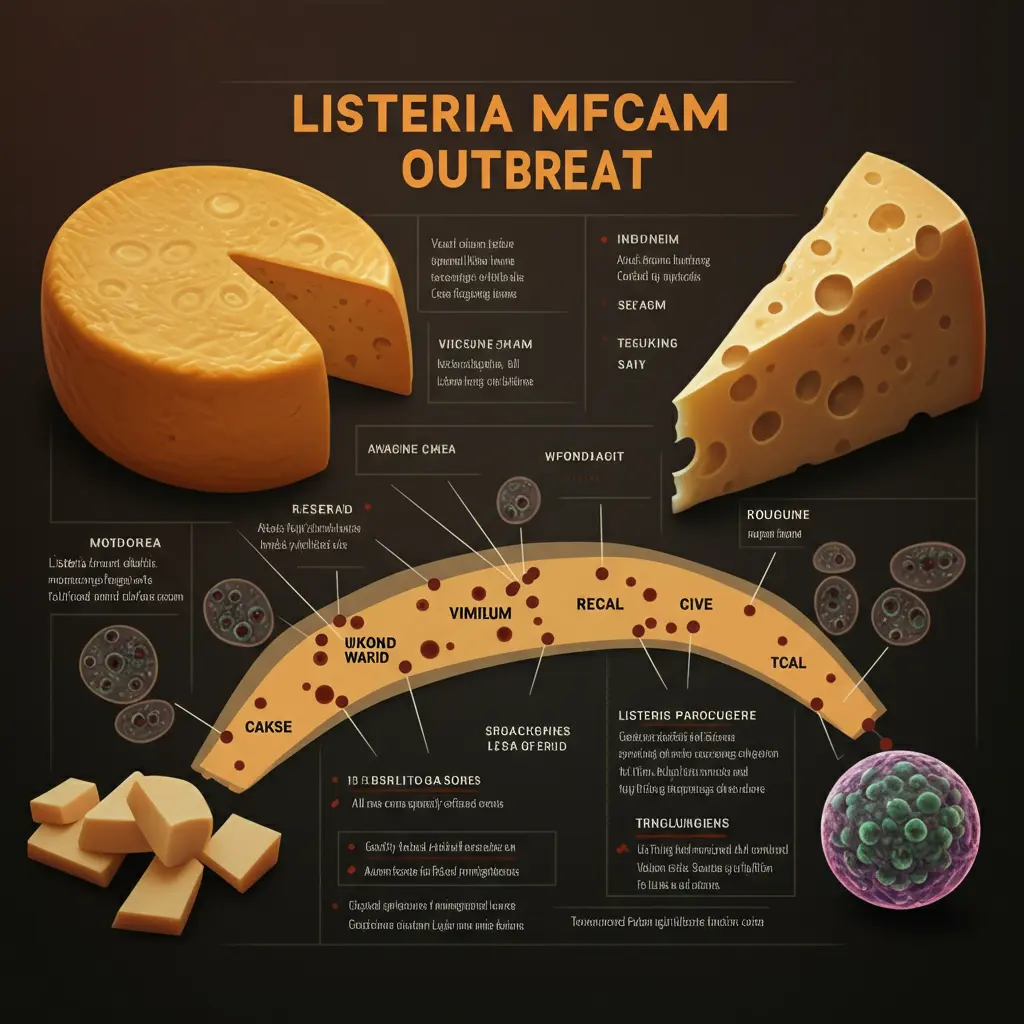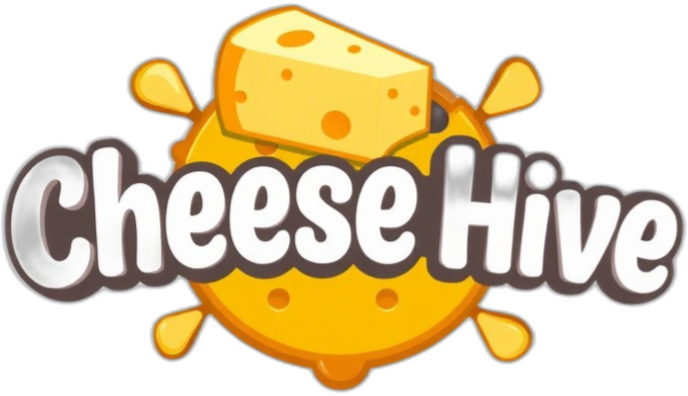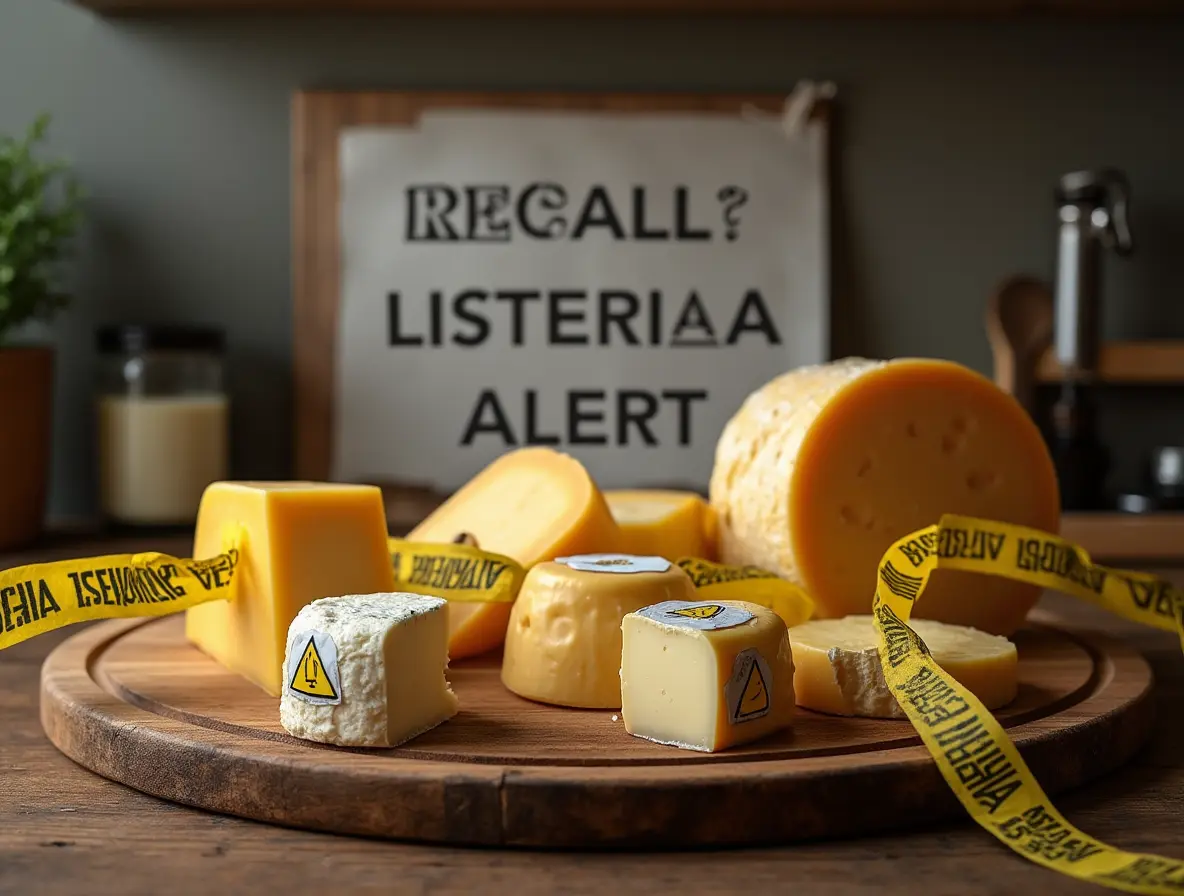Listeria Outbreak Alert: How to Protect Your Family
Listeria outbreak cheese recall: Food safety goes beyond an ordinary grocery list item—it’s a critical issue for you and your family’s health. A recent outbreak of Listeria linked to contaminated cheese products shocked the food industry, triggering urgent recalls and raising concerns among health-conscious parents and consumers.
This article takes an in-depth look into the definition of listeria and how the latest recall of cheeses took place and, more importantly how to safeguard your family members from listeria and other food-borne diseases.
Table of Contents
What Is Listeria, and Why Is It Dangerous?
What is Listeria Monocytogenes?
Listeria monocytogenes is a dangerous bacteria that is found in soil as well as in water and feces of animals. It is very easy to infect food items when it is being processed, produced, or even packaging. Like many other bacteria it thrives when temperatures are cold, which makes food items that are refrigerated and ready to eat, such as cheese and deli meats, particular places for contamination.
Symptoms and At-Risk Groups
Listeriosis the disease caused by listeria, usually is characterized by flu-like symptoms like muscular aches, fever and nausea. Although a majority of healthy people are able to recover without serious complications however, certain categories are at greater risk, for example:
- Women who are pregnant (listeria can lead to stillbirth or miscarriage)
- Newborns
- Older adults
- Patients with weak immune systems
Important Statistic Based on the CDC the CDC, listeria affects around 1,600 people a year in the US and causes 260 deaths, making it one of the most deadly foodborne diseases.

The Listeria Outbreak and Cheese Recall
The Outbreak Timeline
The latest listeria outbreak connected to soft cheeses was discovered in the year [date], and quickly increasing to several regions across the United States. Health authorities in the United States determined the origin of the contamination to the brand name [if it is publicly reported) which led to the recall of a variety of cheese products.
Details of the Recall
listeria outbreak cheese recall: The cheeses affected include soft varieties like camembert, brie, and queso fresco. Health authorities urge checking your fridge and discarding contaminated products immediately.
Economic and Public Health Impact
“For food producers, a listeria outbreak is a wake-up call to enhance safety controls,” says Dr. Alex Rivera, Director of Food Safety Compliance. For consumers there is a lot of misinformation and anxiety caused by outbreaks can cause permanent harm, not just to the public health, but as well to the food industry.
Past Outbreak Case Studies
The recent outbreak calls thoughts of similar outbreaks caused by listeria:
- Blue Bell Ice Cream the year 2015 The contaminated ice cream was responsible for 3 deaths as well as an entire recall.
- Jensen Farms Cantaloupe 2011, the year 2011: one of the most lethal outbreaks that resulted in the death of 33 people.
- Vulto Creamery Cheese, 2017: Listeria-contaminated raw milk cheese caused 2 deaths and prompted recalls of all soft cheese products.
How to Protect Against Listeria and Foodborne Illness
Identify and Avoid Contaminated Products
- Check regularly for recall alerts on FDA as well as CDC websites.
- Beware of products that are part of recalls.
- Beware of products that are high-risk like dairy that is not pasteurized raw sprouts, raw meats, the deli meats.
Safe Food Handling Practices at Home
- Clean Produce thoroughly: Even pre-washed items need to be rinsed with running water.
- Cooking to a safe temperature: Use a food thermometer to make sure that the meat is cooked to 165 degrees Fahrenheit or more.
- Separate cooked and raw food items: Prevent cross-contamination by separating cutting boards and tools.
- Refrigerate properly: Store perishable items below 40 degrees and eat leftovers within 3 days.
Role of Food Producers and Safety Measures
“Consumers rely on us to uphold food safety standards,” says”Dr. Emily Green, Food Safety Expert. “Producers must implement controls like regular testing, staff training, and hazard analysis.” Good practices, like complying with Good Manufacturing Practices (GMP) and Hazard Analysis and Critical Control Points (HACCP) are crucial to ensure safe foods supply chain.
Response and Recovery
Public Health and Manufacturer Response
Public health authorities, such as those of the CDC and FDA were quick to act by releasing health advisory statements and co-coordinating recalls. Manufacturers also took part in halting production, examining facilities, and revising security procedures prior to resuming operations.
Consumer Safety Measures
“Consumers play a vital role in preventing foodborne illnesses by staying informed,” says Michael Harris, Public Health Advisor. Be sure to check labels, follow guidelines for recalls, and ensuring safe food handling will significantly lower the risk.
What’s Next?
As we move forward, greater vigilance is vital. Public health agencies as well as food producers invest in artificial intelligence-driven food safety technology including real-time detection of contamination and blockchain tracking to ensure transparent supply chains.
Stay Safe and Stay Alert
Food safety is a shared obligation among producers as well as public health officials and consumers. This recent listeria outbreak underscores the importance of being well-informed, ensuring safe food handling and promoting stricter food safety regulations.
For parents and health-conscious consumers this advice is especially important in securing the family members who are at risk. “Listeria can be particularly dangerous for vulnerable populations,” informs Sarah Watts, Nutrition and Wellness Consultant, “making it essential for consumers to be aware and cautious.”
Spread the word about this message by sharing this article to spread awareness of food safety and make sure that others are protected by their families, too. Collectively, we’ll all work to create a healthier and safer food system.
FAQ
What is the word “food recall” refer to?
A recall on food products is when a food item is deemed to be unsafe due to contamination or mislabeling, and then removed from shelves in stores.
How do keep me informed about recalls of food products?
Visit for updates on the FDA’s Recalls & Safety Alerts page or sign up to their emails for notifications of updates.
Is safe to consume soft cheeses when there is an outbreak of listeria?
Do not eat soft cheeses unless the are clearly marked as being made from pasteurized milk.
What should I do if I suspect I’ve consumed listeria-contaminated food?
Check for the symptoms (fever diarrhoea, nausea, fever) and speak with your doctor if symptoms get worse, particularly if you’re in a group with high risk.
Can cooking help eliminate Listeria from food items?
Yes, listeria can be eliminated at temperatures of 165 degrees Fahrenheit. However, heating contaminated ready-to-eat food items might not always suffice.







